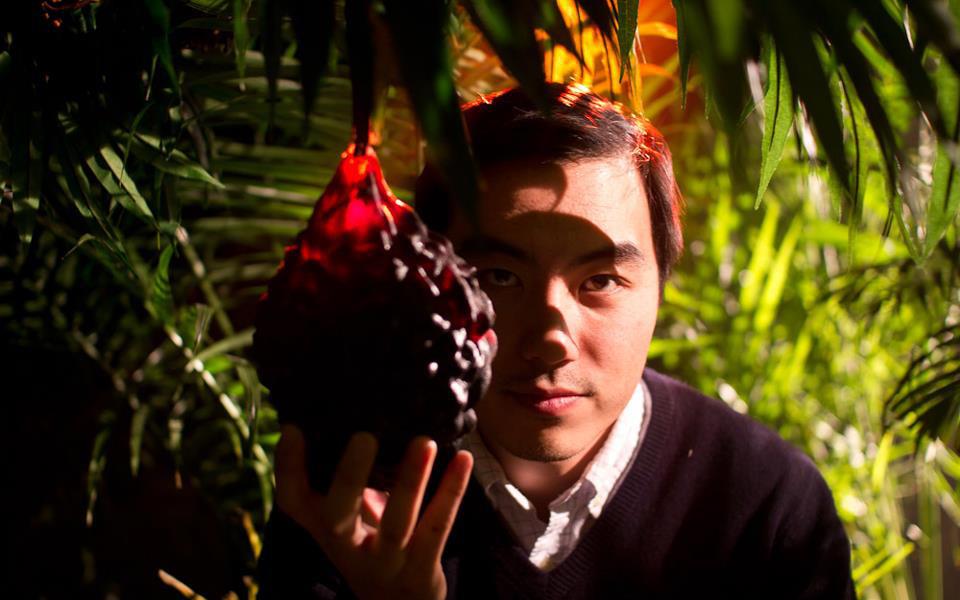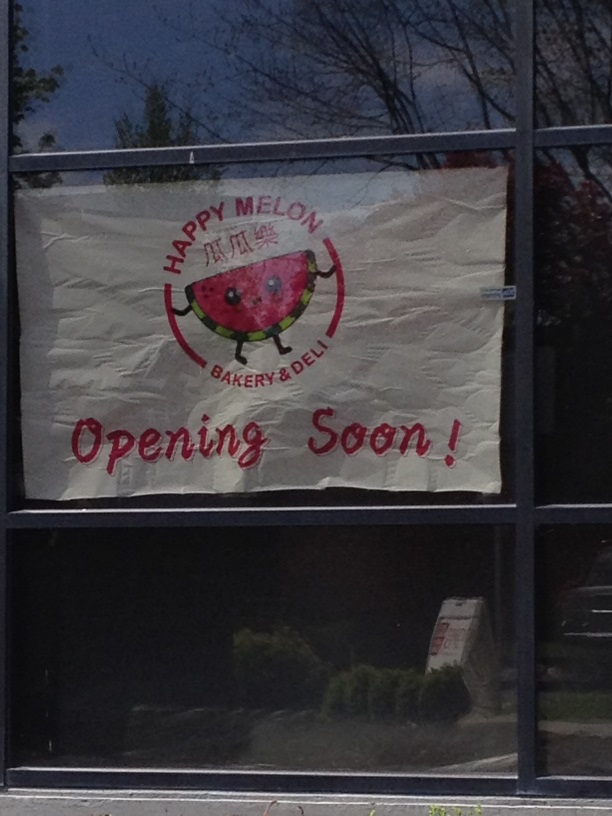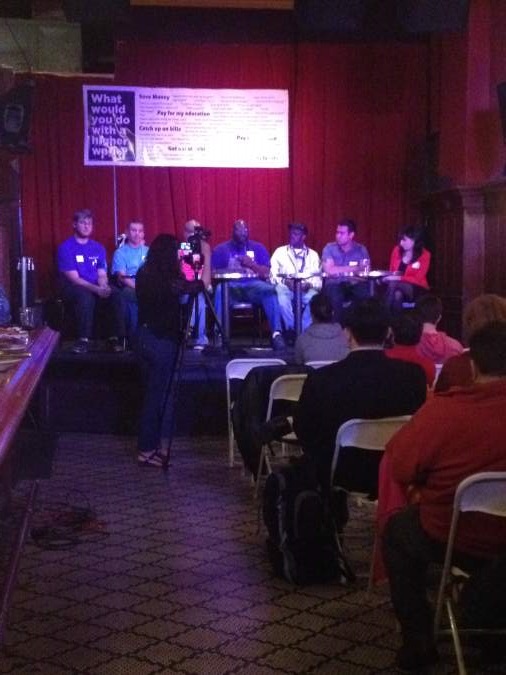The chocolate coins that Jewish parents give their children on Hanukkah can be big or small, and wrapped in silver or gold foil. But almost all gelt is made from chocolate grown by child slaves, Seattle abolitionists say.
According to Robert Breiser, Repair the World director at the University of Washington Hillel, half of the world’s chocolate comes from West Africa, where forced child labor remains a plank in many cocoa plantations’ business plans. The U.S. State Department estimates 100,000 children pick cacao in the Ivory Coast, and 10 percent of them may be enslaved. “I’ve met some of the folks who’ve been enslaved in the chocolate industry, and some of the things they describe are the worst things you can imagine in the world,” Breiser says. “They work 14 to 16 hours a day. They’re made to sleep in the fields, where there are pesticides and dangerous animals. In some cases, the kids are pretty regularly raped.”
Since chocolate manufacturers such as Hershey’s mix cacao from around the world, it’s nearly impossible for fans of conventional chocolate to avoid supporting the child-enslavement system. Yet major chocolate companies have thus far resisted calls for reform, repeatedly denying knowledge of abuses and delaying the creation of a certification system for cocoa plantations. One of the few successful ethical chocolate-awareness campaigns was staged in Australia, where a children’s boycott of slave-made chocolate persuaded Cadbury to begin producing fair-trade treats.
Closer to home, the human-rights organization Global Exchange is sponsoring its fifth annual Reverse Trick-or-Treating program, in which participants are asked to swap fair-trade chocolate for the Tootsie Rolls, Reese’s peanut butter cups, and other questionable candies they’re offered on Halloween. And in Seattle, a group of Jewish activists are hoping to incubate a national movement promoting fair-trade Hanukkah gelt.
Currently, only two companies— California’s Sweet Earth Organic Chocolates and Divine Chocolate, based in London—produce fair-trade Hanukkah gelt, but Breiser says they can’t keep up with demand. Members of The Kavana Cooperative and the University of Washington Hillel are now trying to persuade Theo Chocolate to join the ranks of fair-trade gelt makers. If more fair-trade gelt was available, Breiser says, more Jews could celebrate the holiday without propping up child exploitation. But with Hanukkah less than two months away, Theo hasn’t made any gelt-related commitments. A spokesperson for the company did not return multiple attempts to obtain a comment.








